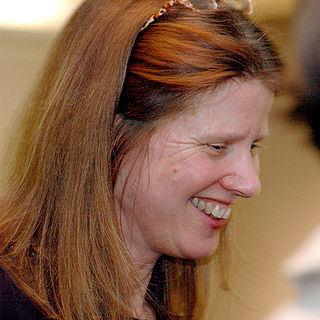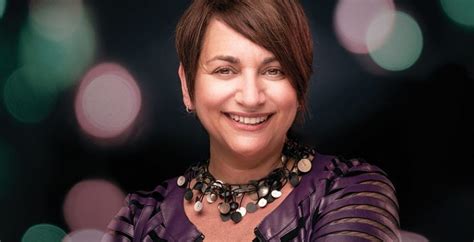A Quote by Robert Eggers
Charles Dickens is a lot of fun to read but it's not obscure, and that's just fine.
Related Quotes
I had read [Charles] Dickens's novels were often published serially. I thought it would be fun to write a book, just sitting down and writing a chapter every day, not knowing what would happen next. So that's how I wrote the first draft. And then of course I had to go back and make sure everything worked and change things.






































